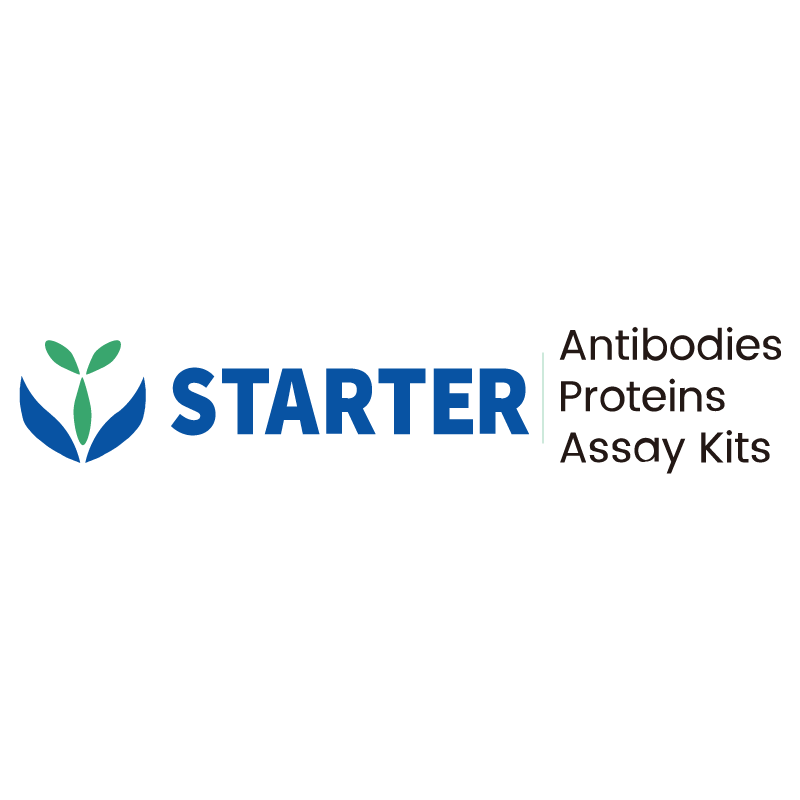Flow cytometric analysis of Human CD62L expression on human PBMC (human peripheral blood mononuclear cells). Human PBMC were stained with Brilliant Violet 421™ Mouse Anti-Human CD4 Antibody and either APC Mouse IgG1, κ Isotype Control (Left panel) or SDT APC Mouse Anti-Human CD62L Antibody (Right panel) at 5μl/test. Flow cytometry and data analysis were performed using BD FACSymphony™ A1 and FlowJo™ software.
Product Details
Product Details
Product Specification
| Host | Mouse |
| Antigen | CD62L |
| Synonyms | L-selectin; CD62 antigen-like family member L; Leukocyte adhesion molecule 1 (LAM-1); Leukocyte surface antigen Leu-8; Leukocyte-endothelial cell adhesion molecule 1 (LECAM1); Lymph node homing receptor; LNHR; LYAM1; SELL |
| Location | Cell membrane |
| Accession | P14151 |
| Clone Number | S-937-77 |
| Antibody Type | Mouse mAb |
| Isotype | IgG1,k |
| Application | FCM |
| Reactivity | Hu |
| Positive Sample | human PBMC |
| Purification | Protein G |
| Concentration | 0.05mg/ml |
| Conjugation | APC |
| Physical Appearance | Liquid |
| Storage Buffer | PBS, 1% BSA, 0.3% Proclin 300 |
| Stability & Storage | 12 months from date of receipt / reconstitution, 2 to 8 °C as supplied. |
Dilution
| application | dilution | species |
| FCM | 5μl per million cells in 100μl volume | Hu |
Background
CD62L, also known as L-selectin, is a type-I transmembrane glycoprotein and cell adhesion molecule belonging to the selectin family, primarily expressed on the surface of leukocytes, including T cells, B cells, and natural killer cells. It plays a crucial role in leukocyte homing and immune cell localization by mediating the initial rolling and adhesion of white blood cells to endothelial cells during inflammation. CD62L is also a marker for central memory T cells, which have a higher expression level of this molecule, allowing them to quickly respond to antigen re-exposure. Additionally, CD62L is involved in the regulation of immune cell distribution in tissues, impacting the strength and duration of immune responses. In cancer therapy, manipulating CD62L expression can enhance T cell infiltration into the tumor microenvironment, improving the efficacy of immunotherapy.
Picture
Picture
FC


